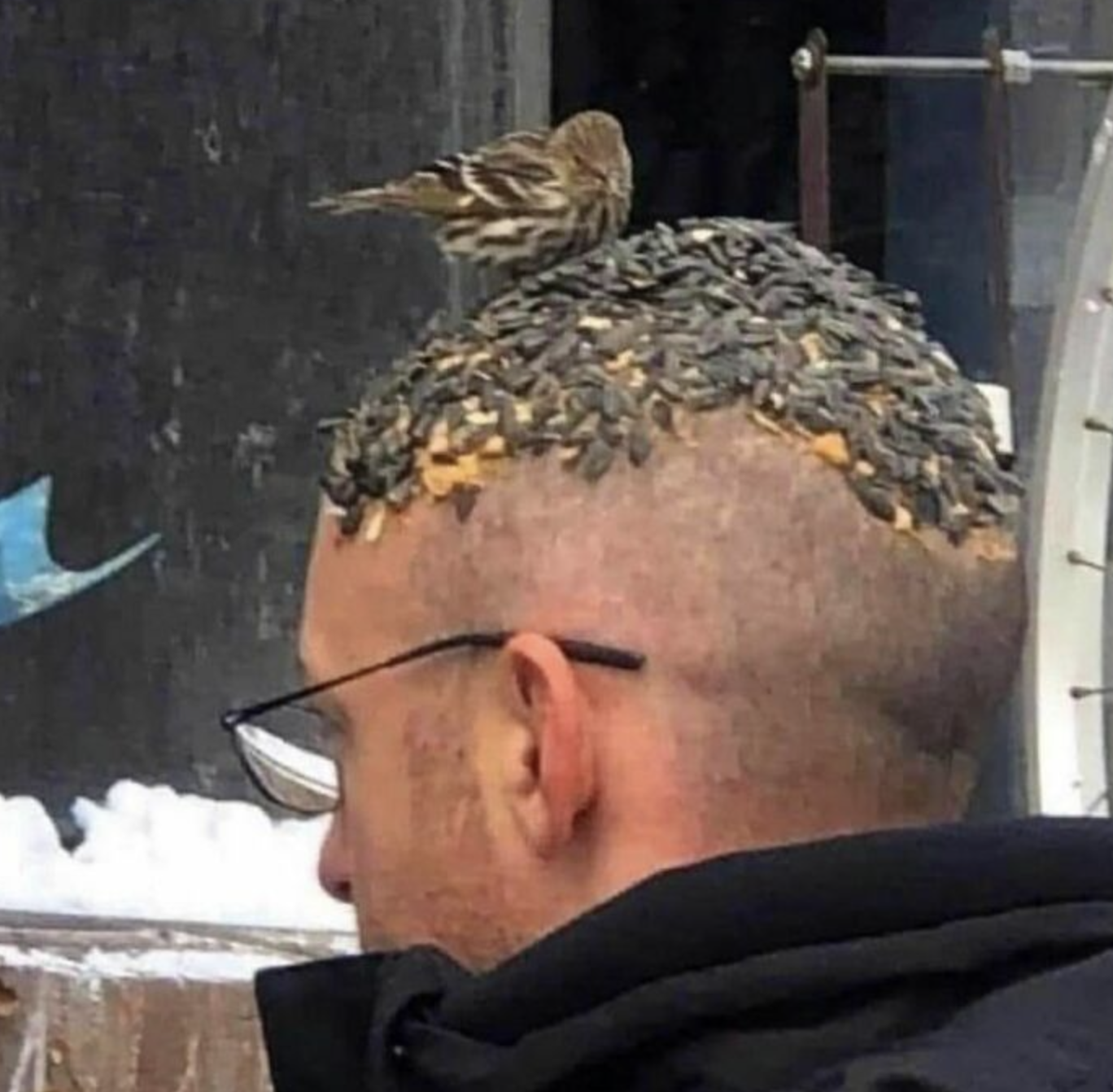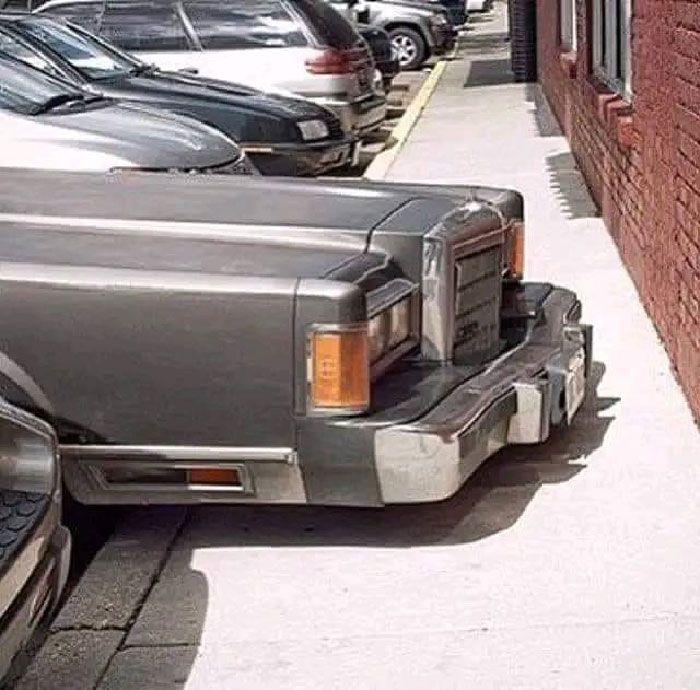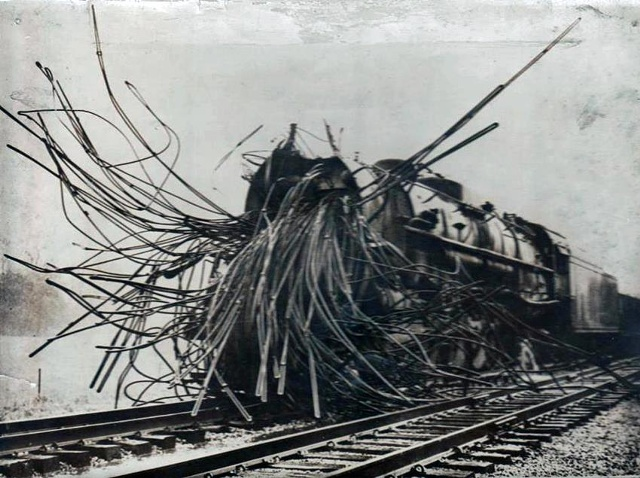
Sustainability Practicum will be offered Spring 2023
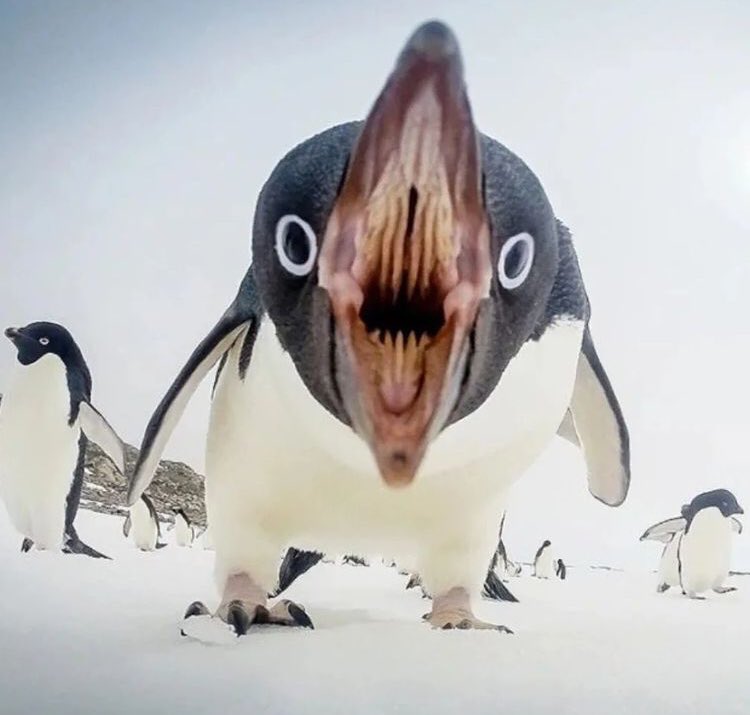
After a break due to COVID, ENVS 399 Sustainability Practicum will be offered again in the Spring of 2023 (MW 2:10-4pm). Contact Krygier for more information.
Spring ’20 Wrap Up
Reading 1: The Death of Environmentalism M. Shellenberger & T. Nordhaus
The definition of what is environmental needs expansion. CAFE reminds me of the Volkswagen scandal. I’ve never heard of the New Apollo Project, so it probably wasn’t super successful, but since it’s mentioned in the reading, there are at least take-aways to get from it. Coalition building is cool.
Reading 2: Sustainability Thwink.org
Definitions of sustainability in a comparative sense. I hadn’t thought of it in a pillared manner before, but I’m down for the environmental, economic, and social.
Reading 3: OWU Sustainability Plan (2017)
Goals Reached:More grassroots work! More collaboration!
Goals not Reached: Not as many quantifiable goals. Future edits have more potentially.
Reading 4: Sustainability: A Comprehensive Foundation
Sustainability really means to uphold. This definition and analysis is a foundation for ensuring human existence in the near and distant future.
Reading 5: “‘Scrappy’ Sustainability at Ohio Wesleyan University,”
Wow #theoryintopractice am I right? It is a great look at how to further sustainability with a lack of funding but sense of scrappiness in making it happen. I knew Emily just a little bit, so it was cool to read this.
Reading 6: Geography 360 Environmental Geography Projects
Ah geography 360. It was good to read what projects are in motion, which ones have been achieved and which ones flopped. I hope we have a lot more successful ones in the future!
Reading 7: Special Report: OWU Sustainability.
An interesting read on how sustainability has changed in recent years. Cool interviews and familiar faces in the professors and administrators.
Just how many wordpress blogs have you made? Glad to see that there has been consistent interest in promoting sustainability on campus.
Reading 9: Sustainability Region NSF Grant Proposal and Map/Poster.
I’ve seen these maps in the classroom, and now I know where they came from! Hopefully these individual pieces can still come together, even if they are funded or achieved in different manners.
Reading 10: The Psychology of Sustainable Behavior
A bit of a longer reading, but a great how-to on sustainable behaviors and continued interest for the self and for others.
Reading 11: “Against Environmental Panic.”
Bruckner is a little harsh, but man his prose is beautiful. It can be very entertaining/infuriating to get a view like this on environmentalism.
Reading 12: “How the Rich Plan to Rule a Burning Planet
This is something I feel like isn’t talked about enough. Climate change and pollution affects economic classes differently, especially in the midst of crises.
Reading 13: Scrappy Sustainability — Fall 2019
Wow look at OWU go! Would a sustainability coordinator even help us out that much? Seems like we’ve made a lot of progress without one
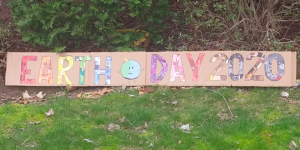
Earth Day 2020 sign
Post-Pandemic Work
Virtual Earth Day in carbon footprint calculator and work on student symposium
Spring 2020 Wrap Up
Reading 1: Death of Environmentalism – The death of environmentalism takes a critical approach to some of the pitfalls of modern environmentalism. I especially found the section on environmental group think to be important and interesting to consider when working with green projects.
Reading 2: Sustainability – Argues against the popular definition of sustainability and stresses the importance of three pillars of sustainability: environmental, economic, and social.
Reading 3: OWU Sustainability Plan – Lays out a plan in the form of goals for sustainability initiatives at Ohio Wesleyan University with four larger initiatives and more specific actions and goals.
Reading 4: Sustainability, A Comprehensive Foundation – An in depth analysis of sustainability: breaking down the word and further defining it with emphasis on the goal of humans living indefinitely on the earth.
Reading 5: Scrappy Sustainability – One of the main pieces of this class! Making sustainability work in an imperfect situation: lacking resources and funds, but making things happen by being pragmatic. Good for students!
Reading 6: GEOG 360 Projects – Many projects have been undertaken at OWU, not all successfully but with good intentions and sound research.
Reading 7: Special Report: OWU Sustainability – In depth and thorough scoop on OWU sustainability happenings. I wish we had access to the full interviews.
Reading 8: STF Recommendations – Interesting to see just how long there has been a building interest in sustainability efforts on campus.
Reading 9: NSF & Sustainability Region Map – Great potential, and really sad to see that it could not move forward because lack of suitable contribution by OWU.
Reading 10: Psychology of Sustainable Behavior – This was a super interesting psychological perspective on talking about climate change and environmental issues in general.
Reading 11: Against Environmental Panic – Typical of Bruckner’s writings, interesting but extremely and (in my opinion) overly critical of the environmental and scientific movements.
Reading 12: How the Rich Plan to Rule a Dying Planet – This was an amazing essay that delved into an argument we hear often: rich people will be just fine when the impacts of climate change hit.
Reading 13: Scrappy Sustainability – How far the sustainability efforts have come despite lacking in funding or a coordinator!
Post-spring break work: Vearth Week work and helping set up the documentary and teaching kitchen Zooms
wrap up (Sustainable Food)
- Working with Chef Del to do a sustainable food workshop over zoom
Spring 2020 Wrap-Up
A. Readings
Readings 1-6 I had done prior to spring break, which is why they’re a lot longer.
Finishing up ENVS 399: Spring 2020
It was an interesting semester…
To wrap up the semester please create a new posting for this blog and include the material in part 1 below. In addition, write up a brief reflection on the course (part 2). Send part 2 to Krygier (don’t post).
Due: Friday, May 1, 2020 @ 10:11pm (or sooner)
I believe you will be asked to do an online evaluation of the course for this spring (via email, by the University, not me). Please do that evaluation!
- Create a new posting on the Blog
- Briefly comment on the readings we did prior to starting work on projects early in the semester. Just a sentence or two for each, with your thoughts.
- Update (if needed) and link to your summary of the project work you did prior to spring break, and the pandemic break. You should have created and posted this material already.
- Summarize your work post-spring break, on the Earth Day Week efforts. Please reflect on the impact of the events, and ideas for making them work better (in hindsight).
- Create a reflection document and send to Krygier
- One paragraph or so: Review Reading 14 (I don’t believe we got to discuss this) which is about Assessing Your Environmental Values (this is part of the new ENVS 100.1 course). Jot down a paragraph about your own environmental values, using the terms and concepts on that page. How do your efforts in this class relate to these values?
- One page or so: your thoughts on the course, its structure, and the way we worked out the goals (projects) both before and after the apocalypse. Document 3 things that worked well, and 3 that could use some work and/or ideas for what the course should focus on. Your suggestions for next year are very much appreciated.
- One page or so: Assess what you did and your role in the class. Review the rather broad and impossibly deep course learning objectives (on the class syllabus) and reflect on the role each played in the course, in general, but with attention to your own personal efforts. Describe if you believe you achieved these learning goals in this course. If so, describe specifically how you put these goals into practice in the course. If not, describe why you did not meet the learning goals. How do you think this course could have better prepared you to reach unreached learning objectives? Do this with the entire class in mind, including before and after spring break: I realize that many of the course plans went out the window, so just do your best in this section.
- What do you want for a grade in this course? Why?
Vearth week 2020 4/23
 H.R. 763 Energy Innovation and Carbon Dividend Act of 2019
H.R. 763 Energy Innovation and Carbon Dividend Act of 2019
“To create a Carbon Dividend Trust Fund for the American people in order to encourage market-driven innovation of clean energy technologies and market efficiencies which will reduce harmful pollution and leave a healthier, more stable, and more prosperous nation for future generations.”
This Bill Incentives lowering Carbon emissions by setting a fee on the extraction of coal, natural gas, crude oils and the like from the earth, specifically anything that will emit greenhouse gases into the atmosphere. The fee will be put on producers and importers of the products. The fee is based on the greenhouse gas content of the product multiplied by the current fee($15 starting 2019 and increasing by $10 a year until we have reached our target emissions). The fees will be put into a Carbon Dividend Trust Fund that will be used for dividend payments to citizens and administrative expenses.
- exemptions for fuels used for agricultural or nonemitting purposes,
- exemptions for fuels used by the Armed Forces,
- rebates for facilities that capture and sequester carbon dioxide, and
- border adjustment provisions that require certain fees or refunds for carbon-intensive products that are exported or imported.
The Congress finds that—
(1) efficient markets strengthen our economy and benefit our Nation by encouraging competition, innovation, and technological progress;
(2) efficient markets should reflect all costs of goods to ensure that they advance America’s prosperity and national interests;
(3) emissions of carbon pollution and other harmful pollutants into our Nation’s air impose substantial costs on all Americans and on future generations; and
(4) creation of a Carbon Dividend Trust Fund, to be distributed to the American people, will make markets more efficient, create jobs, and stimulate competition, innovation, and technological progress that benefit all Americans and future generations.
As of yet, no Ohio representatives have backed this bill.
